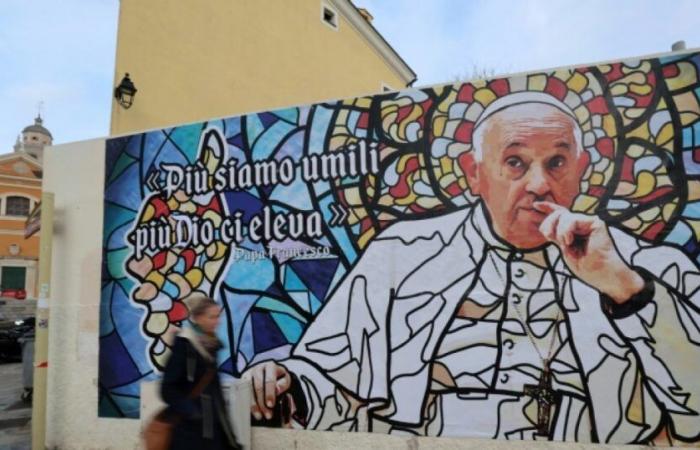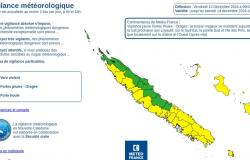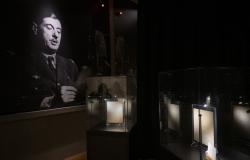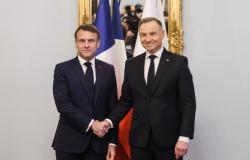
The pope's visit to Corsica, a week after his notable absence at the reopening of Notre-Dame de Paris, testifies to his ambivalent relationship with France, where his travels follow priorities sometimes poorly understood by the faithful and at odds with his predecessors.
On social networks and television sets, voices – particularly in conservative circles – denounced the “affront” inflicted by the Pope with this short timetable, going so far as to compare it to “a slap in the face”.
In an editorial published on December 5 and entitled “Francis, the pope who hates France”, the weekly Le Point castigated the “animosity” of the Argentine pope for France, in which he saw “one of the worst symbols of “colonial imperialism” and a standard-bearer of “too rigid” secularism.
The reactions even prompted Vatican News, the Vatican's official news site, to publish an interview with the apostolic nuncio – the ambassador of the Holy See – saying that “France fascinates Pope Francis”.
By preferring to go to Ajaccio for a symposium on popular religiosity in the Mediterranean rather than attending a ceremony in mondovision among heads of state and crowned heads, Jorge Bergoglio wanted to highlight a region and themes representative of the priorities of his pontificate.
From the drama of migrants to wars to dialogue with Islam, the Mediterranean basin concentrates subjects that it has regularly highlighted since its election in 2013.
“He is consistent with himself. He does not like worldliness. He is the pope of migrants and the poor who leaves the bell towers to go to the outskirts”, reminds AFP Bernard Lecomte, Vatican specialist and author of book “France-Vatican: Two centuries of secret war”.
– Three visits –
For the president of the French bishops' conference, Mgr Eric de Moulins-Beaufort, “asking whether the pope loves us or not” is a “very adolescent” approach while he takes “France and the Church in France very seriously.”
“This is precisely why he does not want to come to France, because he considers that there are places that need it more,” he told AFP, saying to himself: struck” by the number of French authors cited in his letters and encyclicals.
With this third trip to the territory, France even becomes the country he has visited the most outside of Italy. A statistic that would make other major European neighbors blush, such as Germany, Spain or the United Kingdom, where he has never visited.
A paradox remains: despite three trips, the head of the Catholic Church has still not made an official state visit.
In 2014, he went to Strasbourg to visit the European institutions – without even stopping at the cathedral, to the great dismay of the faithful. In September 2023, he insisted that he was going “to Marseille, not to France”.
The media and political echo of this visit and the mass at the Vélodrome stadium in front of 60,000 faithful in a charged atmosphere had nevertheless emphasized the deep bond between French Catholics and the Argentine pope, who had said: “Hello Marseille, hello France!”
– New era –
The relationship of the first Latin American pope with France, on the other hand, marks a clear break with his predecessors. Thus, John Paul II visited the country eight times with sequences that remain in memories, such as a mass in Paris in 1997 in front of more than a million people.
Francophile and French-speaking, his successor Benedict XVI, attached to the heritage of great intellectual and theologian figures, made an impression in 2008 by visiting several symbolic places in the capital (Invalides, Bernardins, Notre-Dame).
If Francis is “attached to certain figures of French holiness, such as Thérèse of Lisieux or Charles de Foucauld”, “he does not really like this image of grandeur, of arrogance, a little haughty”, confides a Vatican source.
The contrasting link between the Argentine pope and France also suffers from the marginalization of the Church, weakened by secularization and the crisis of sexual violence.
A tendency which does not prevent him from recalling the positions of the two-thousand-year-old institution on social issues such as euthanasia or abortion, even if it means offending, as he did again recently in front of French parliamentarians at the Vatican.





